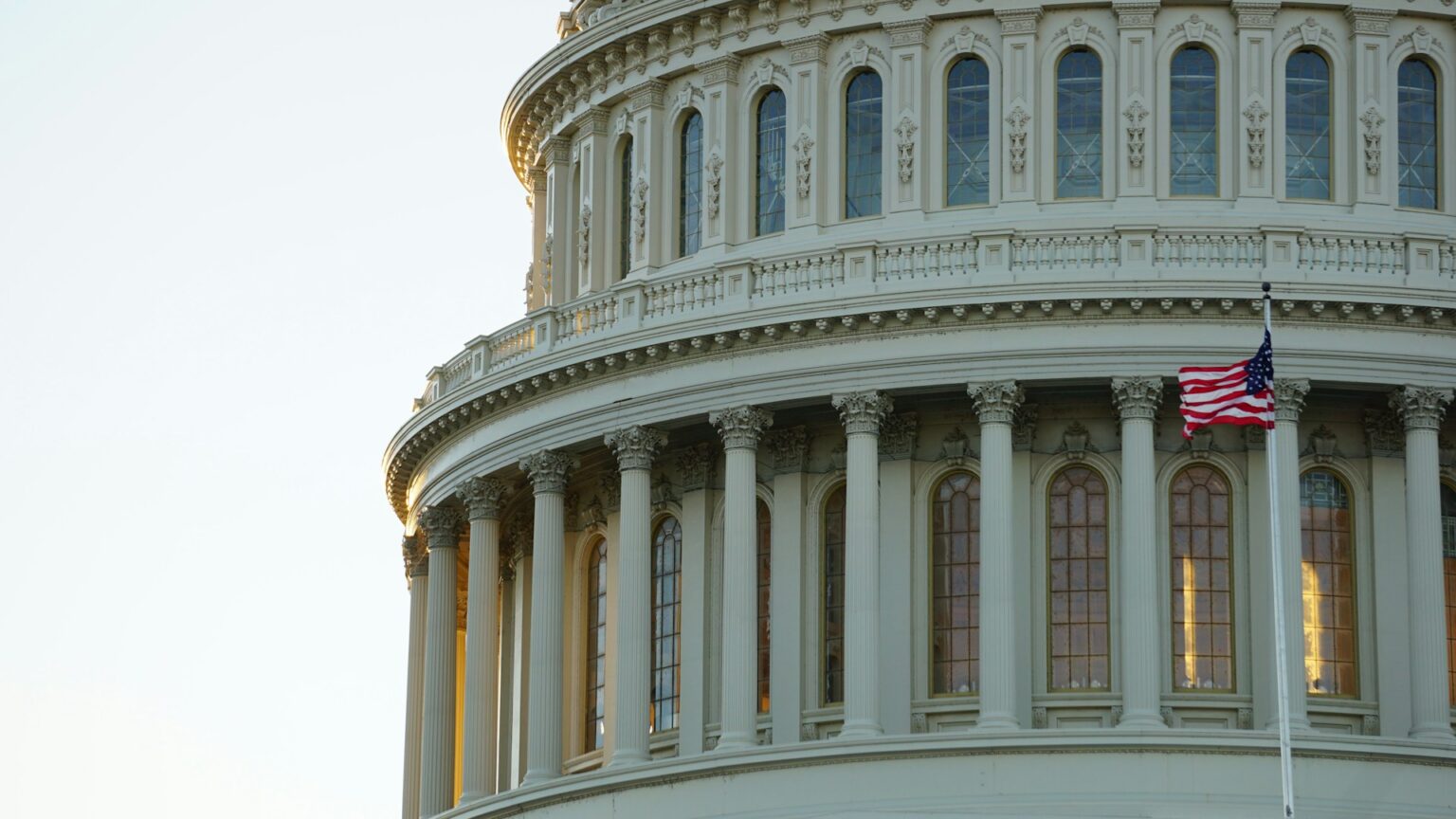Navigating the intricate landscape of cryptocurrency regulation can be challenging, with the DeFi sector often at the forefront of these debates. Recent developments have sparked a robust discourse regarding regulatory proposals that could significantly influence the future of decentralized finance in the United States. As policymakers grapple with crafting legislation that balances innovation with oversight, industry leaders have voiced their concerns, signaling the potential for far-reaching implications across the crypto ecosystem.
The Ongoing Debate Over DeFi Regulation and Its Impact on Cryptocurrency Markets
Coinbase CEO Challenges DeFi Regulatory Proposal
In a notable escalation of the regulation debate, Coinbase CEO Brian Armstrong has openly criticized the latest proposal from Senate Democrats. Utilizing social media platforms to communicate his stance, Armstrong expressed that the proposed regulatory measures for the DeFi sector could stifle innovation and thwart the U.S.’s aspirations to become a global crypto hub. His commentary highlights a growing concern within the cryptocurrency community regarding the potential negative impacts of over-regulation on technological advancement.
Eleanor Terret, a seasoned crypto journalist, shed light on the ongoing discord between Senate Democrats and Republicans. The contention stems from a leaked proposal intended to regulate DeFi platforms, encapsulated in the broader legislative framework known as the Responsible Financial Innovation Act (RFIA). The document, entitled “Preventing Illicit Finance and Regulatory Arbitrage Through Decentralized Finance Platforms,” seeks to establish clear parameters around the operation of DeFi systems, aiming to curb illicit financial activities while ensuring robust oversight.
Further fueling the debate, Jake Chervinsky of Variant remarked on the proposal’s deficiencies, characterizing it as an effective “crypto ban.” Chervinsky highlighted the potential for the proposed regulations to inadvertently confer extensive regulatory powers to government agencies, raising concerns about the erosion of foundational crypto principles such as decentralization and user autonomy.
The Future of Crypto Market Legislation
The path to comprehensive crypto market legislation, according to Armstrong, is a complex yet necessary endeavor. He underscores Coinbase’s commitment to advocate for balanced regulatory measures that protect investors while fostering a conducive environment for innovation. The emerging challenges underscore a critical juncture in legislative discussions, as ongoing negotiations face the risk of stalling amidst political divergences.
Within this contentious landscape, the timeline for the crypto market structure bill remains uncertain. Reports from Crypto In America indicate mounting frustration among Senate Republicans, who claim that engagement with the Democrats has been limited and lacking in substantive dialogue. The absence of a clear legislative timetable casts doubt on the bill’s progression to presidential approval within the current year.
Meanwhile, insiders familiar with the legislative process suggest that the leaked proposal was merely a preliminary discussion draft, hinting at the Democrats’ dissatisfaction with the premature exposure of their regulatory framework. The ongoing contention and lack of consensus threaten to derail the momentum needed to finalize cryptocurrency regulations, potentially deferring significant legislative advancements to subsequent years.
Frequently Asked Questions
What is the Responsible Financial Innovation Act (RFIA)?
The RFIA is a proposed legislative framework intended to regulate the cryptocurrency industry, with a particular focus on mitigating risks associated with decentralized finance (DeFi) platforms. It aims to establish a balanced approach to oversight, promoting transparency and safeguarding against illicit activities.
How has Brian Armstrong responded to the DeFi regulation proposal?
Brian Armstrong, CEO of Coinbase, has strongly criticized the proposed DeFi regulations from Senate Democrats, arguing that they could hinder innovation and deter the U.S. from achieving leadership in the crypto space. Armstrong advocates for legislation that encourages growth while ensuring necessary protections.
What are the potential implications of the DeFi regulation proposal?
The proposed DeFi regulations could broadly expand governmental oversight over crypto activities, potentially designating more participants as intermediaries and imposing stringent compliance requirements. Critics argue this approach might stifle innovation and centralize control, countering the decentralized nature of blockchain technologies.
What is the current status of the crypto market structure bill?
The crypto market structure bill’s progress has been impeded by political disagreements and inadequate bipartisan dialogue. With ongoing negotiations yet to produce concrete outcomes, there is uncertainty about the bill’s advancement to the president’s desk within the current legislative cycle.

